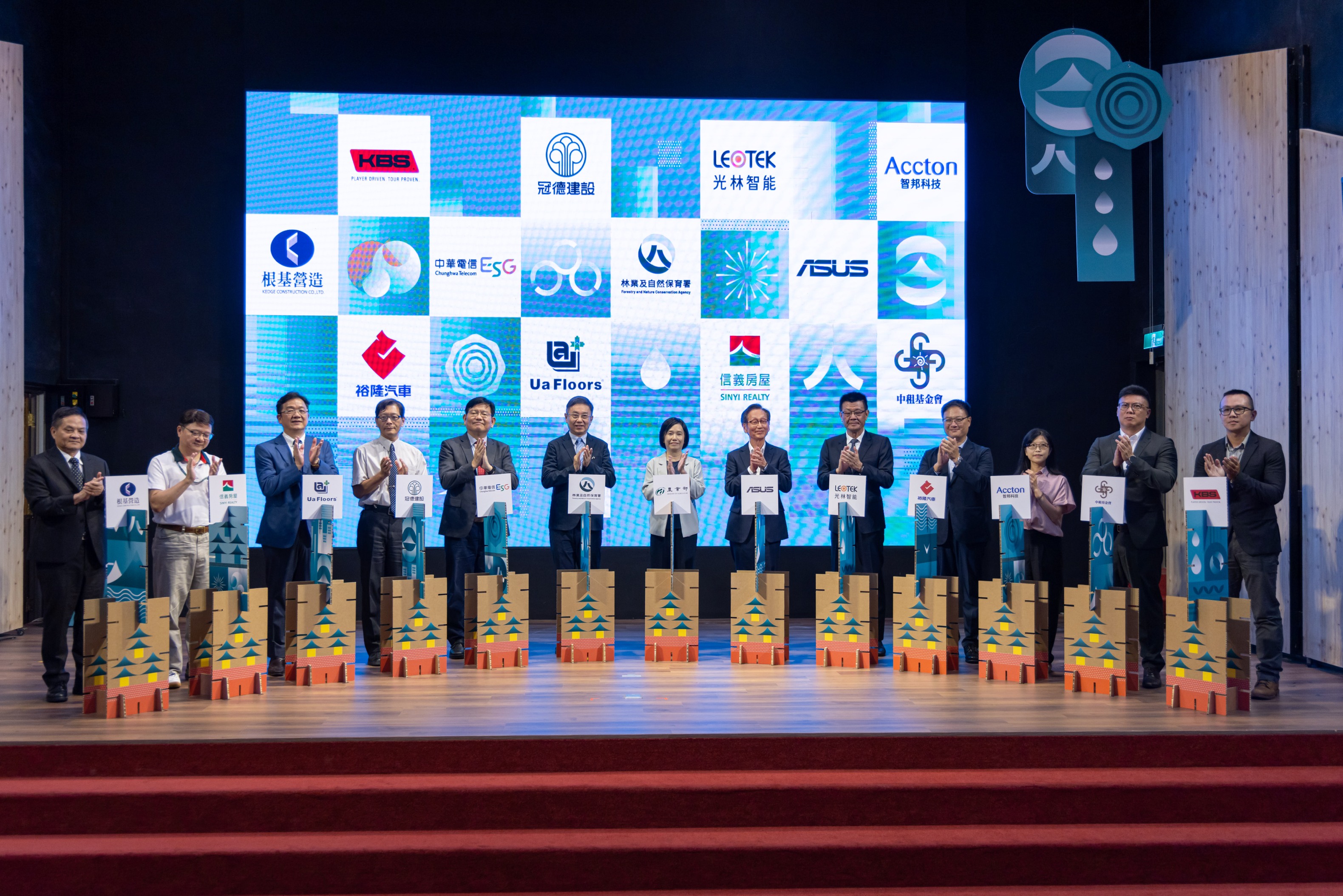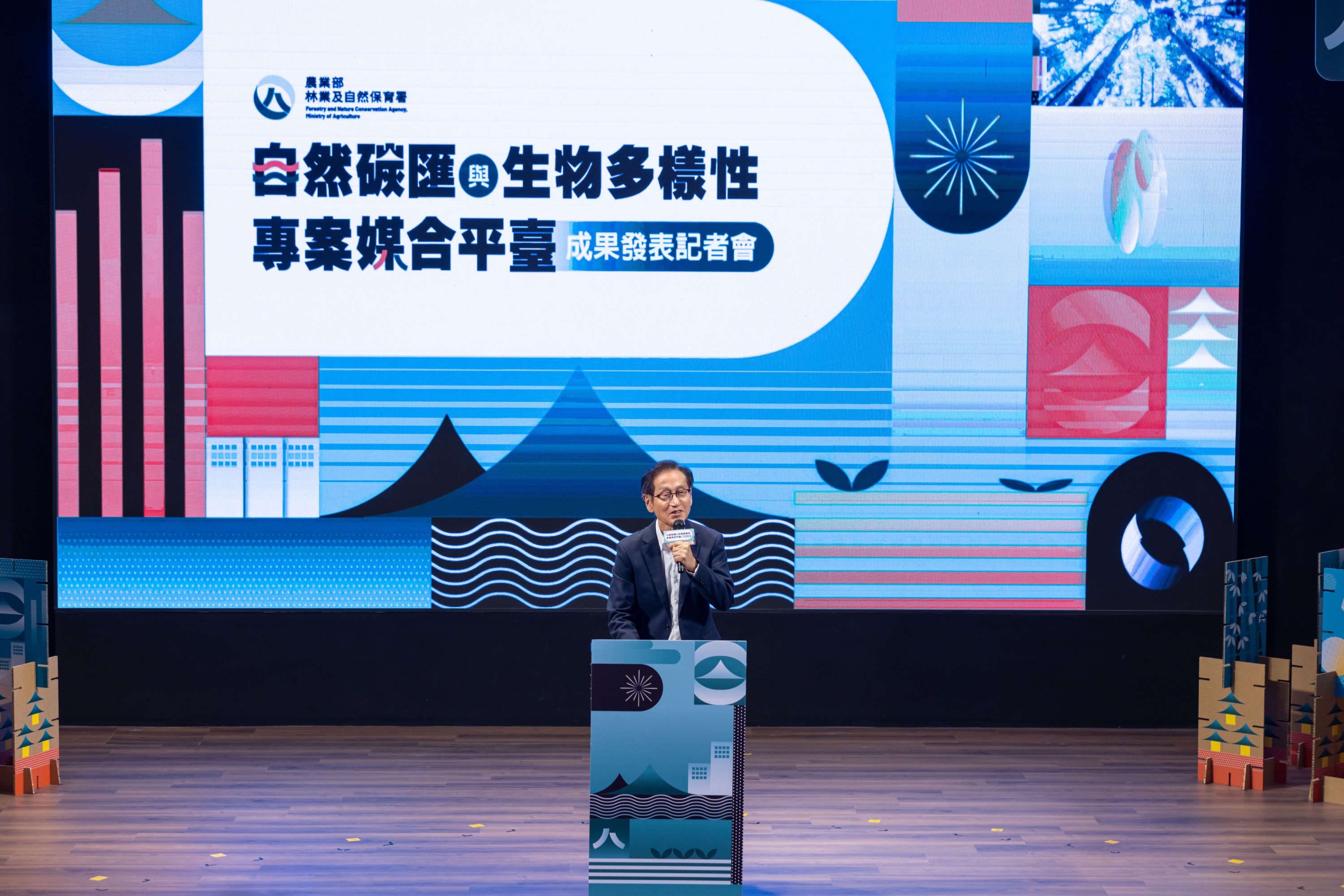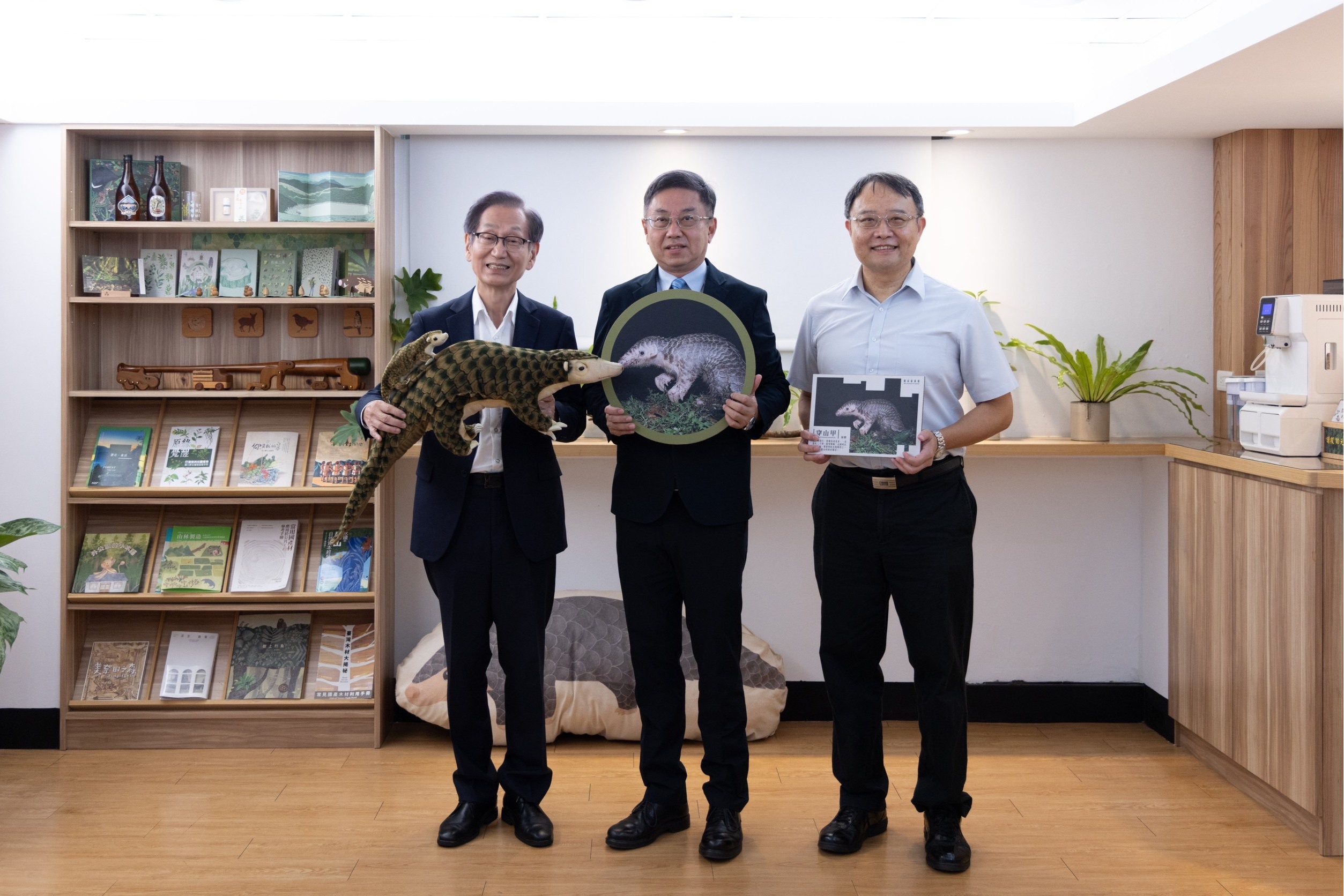Latest News
2024/09/03
ASUS Launches Biodiversity Program and Releases its First Natural Impact Assessment Report
-
Copied to clipboard
ASUS Implements the TNFD reporting framework and develops ASUS Natural Capital Strategy Map to reduce environmental impact
KEY POINTS
- ASUS one of the first companies to participate in the Carbon Sink and Biodiversity ESG Project Matching Platform
- ASUS has released its first-ever Natural Impact Assessment Report, in line with the Taskforce on Nature-related Financial Disclosures (TNFD)
- ASUS participates in the biodiversity program to restore habitat and promote eco-friendly farming measures
ASUS today announced its participation in the Carbon Sink and Biodiversity ESG Project Matching Platform, an initiative of the Forestry and Nature Conservation Agency of the Ministry of Agriculture in Taiwan. This makes ASUS one of the first batch of companies to do so. The platform is intended to assist companies to invest in forest and biodiversity conservation projects certified by the public authorities through public-private collaboration, so that they can upgrade natural carbon sinks and promote biodiversity.
Additionally, ASUS has also released its first-ever Natural Impact Assessment Report, which is in line with international standards set by the Taskforce on Nature-related Financial Disclosures (TNFD).
ASUS Chairman, Jonney Shih, who attended the Ministry of Agriculture event, outlined in a speech the company’s strategic approach to biodiversity, focusing on both within-value chain management and beyond-value chain actions. In addition, ASUS released its first Natural Impact Assessment Report. He stated, “ASUS is honored to become one of the first companies to have a self-proposed project successfully matched and approved. This demonstrates our unwavering commitment to creating a more incredible, sustainable world.”
As part of its within-value-chain efforts, ASUS also released its inaugural Natural Impact Assessment Report this year. This comprehensive report evaluates the environmental and biodiversity impacts of the company's operations and supply chain.
Beyond the value chain, ASUS has been actively involved in conservation projects. Notably, the company is participating in the Daxue Mountain Middle-Altitude Pangolin Habitat Enhancement and Conservation Project, an initiative approved by the Forestry and Nature Conservation Agency of the Ministry of Agriculture in Taiwan.


A history of environmental management
ASUS has long adhered to its sustainable development strategy of 'Focus on Fundamentals and Results' and actively promotes the strategic sustainability of data measurement and technology management. In the area of natural environment protection, ASUS has constructed a Natural Capital Strategy Map, focusing on both within-value-chain management and beyond-value-chain actions to manage natural environment issues comprehensively and systematically.
In 2018, ASUS took the lead in sustainability by releasing the first Environmental Profit and Loss Report (EP&L) in the technology industry. The report reveals the monetized results of environmental impacts, resource allocation, and performance tracking for managers, as well as raising industry awareness of the importance of valuing natural resources.
This year, ASUS further extended and integrated its biodiversity analysis by publishing a Natural Impact Assessment Report based on the Taskforce on Nature-related Financial Disclosures (TNFD). Adopting LEAP (Locate, Evaluate, Assess, and Prepare) methodology, ASUS analyzed the ecological impact of its operation locations and supply chain, as well as identifying suppliers near significant biodiversity area for on-site auditing and management.
For more information, please view the ASUS Natural Impact Assessment Report.
ASUS participates biodiversity program to restore habitat and promote eco-friendly farming measures.
In addition to value chain management, ASUS has also initiated beyond-value-chain actions such as its participation in the Daxue Mountain Middle-Altitude Pangolin Habitat Enhancement and Conservation Project. The project was initiated by Kuan-Shu Educational Foundation, which has been deeply involved with Daxue Mountain. Also involved is the Taichung Branch of Forestry and Nature Conservation Agency of the Ministry of Agriculture in Taiwan, which has been counseling farmers on herbaceous cultivation and creating eco-friendly habitats for pangolins. Together, these organizations discovered the mid-altitude pangolin has been neglected for a long time.
Pingtung University of Science and Technology was also invited to collaborate on the project, with the goal of understanding the effectiveness of herbaceous cultivation in restoring pangolin habitat through field surveys and promoting local eco-friendly agriculture.
Through the project, ASUS aims to integrate data-driven thinking to further manage potential natural risks and develop innovative business opportunities. In the future, ASUS will leverage innovative technologies, such as generative AI, to assist in biodiversity management and continue to deepen the connection between the environmental footprint of our products and nature to promote a more inclusive and diverse development strategy.

Related Article
